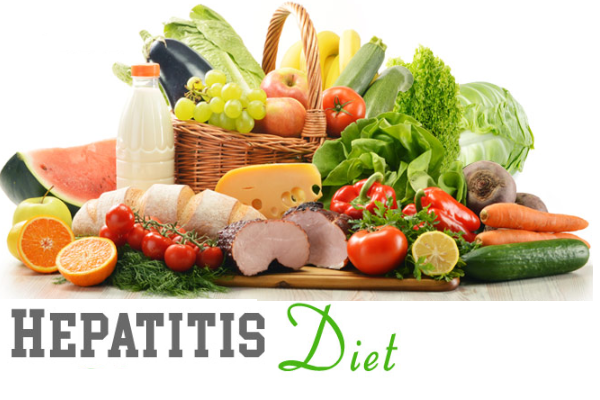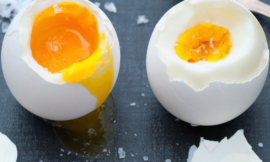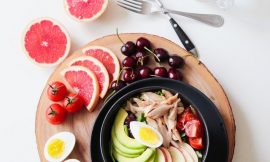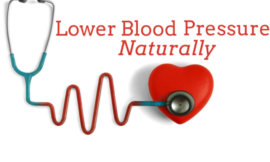Getting the right nutrients is crucial to your overall well-being. Not only can it support a healthy immune system, but it also has a direct effect on weight management. It’s important to keep your weight in a healthy range, especially if you have hepatitis C. Being overweight can lead to hepatic steatosis, a condition caused by excess fat buildup in the liver. This can make hepatitis C harder to control.
Here we discuss how to plan special diet for hepatitis C, what are the food we should include in your diet and the foods we should stay way.
Hepatitis C that affects a person’s diet will usually fall into one of the following categories;
- Interferon treatment: Side effects of this kind of treatment can include loss of appetite, nausea, vomiting, and sore mouth and throat.
- Cirrhosis: People with cirrhosis often have a loss of appetite and energy. They can become poorly nourished and may need to limit salt in their diet.
- Other medical conditions: Other medical conditions alongside hepatitis C can mean a change in diet. These conditions include high blood pressure, heart disease, diabetes or kidney diseases.
Being overweight can lead to a fatty liver. When combined with hepatitis C, this can result in cirrhosis.
People with hepatitis C are at an increased risk of developing diabetes. This means that a healthful diet is even more crucial for reducing body fat and controlling blood sugar. A healthful diet can improve the liver health of a person with hepatitis C and reduce the chance of developing cirrhosis. Eating well helps keep the immune system strong to fight off illness.
What your diet should include
Our body needs nutrients to function properly. As we already said weight management is very important for Hepatitis c patient. In HCV special diet you should include these foods;
Fruit and vegetables
A healthful and balanced diet should include plenty of fruit and vegetables. These food groups are full of necessary vitamins and minerals that enable the liver to function properly.
Fresh fruit and vegetables are ideal, but they can also be frozen or canned. People should aim to consume at least 5 portions of fruit and vegetables a day.
Leafy green vegetables can lessen fatty acid composition in the liver, so they are particularly beneficial to people with hepatitis C. Good examples include kale, spinach, and cabbage.
Leafy green vegetables are sources of iron, which may be harmful to those with hepatitis C when consumed in excess. While it is unlikely a person would eat enough leafy greens to cause an iron overload, people with liver damage may wish to monitor their intake.
Protein
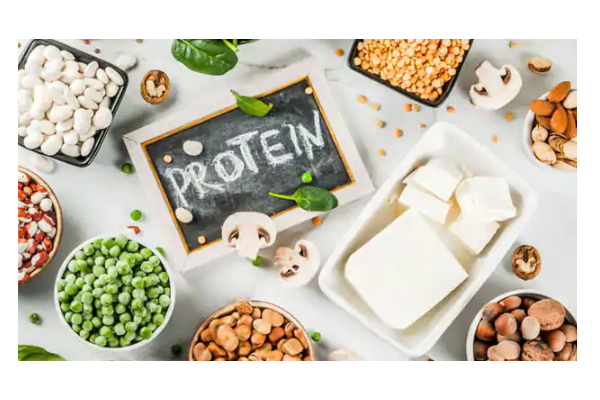
Foods containing protein are very important. Protein helps repair and replace liver cells damaged by hepatitis C.
Keep your protein lean! Great options include:
- fish
- seafood
- chicken without the skin
- nuts
- eggs
- soy products
Dairy products also provide protein, calcium, and vitamin D. Low-fat or fat-free versions of dairy are the best choices for people with hepatitis C. People should limit dairy products with added sugar.
Complex carbohydrates
Cereals, breads, and grains are all examples of complex carbohydrates and are packed with B vitamins and minerals, as well as zinc and fiber.
Complex carbohydrates include:
- brown rice
- oatmeal
- whole oats
- whole rye
- whole wheat
- wild rice
Whole grains are a good source of dietary fiber, which promotes healthy bowel function and reduces your risk for heart disease.
The amount of grain you should have depends on your age, sex, and activity level. On average, adults should eat around 3-4 ounces of grain foods daily. At least half of those servings should be from whole-grain foods.
Foods to avoid
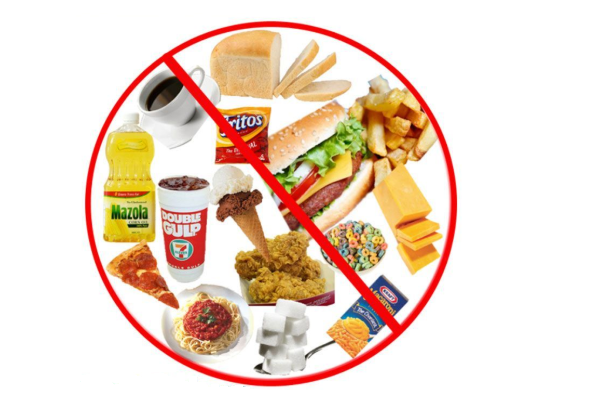
There are also things that people with hepatitis C should try to avoid or limit in their diet due to the effects they may have on the liver.
Fat
Small amounts of fat and oils are important to store energy, protect body tissues, and transport vitamins round the blood.
However, fat can also cause abnormalities, such as a fatty buildup in the liver, leading to cirrhosis.People with hepatitis C should try to consume unsaturated fats, such as those in nuts and seeds, olive oil, and fish oil. It is best to limit saturated fats, such as those found in meat, full-fat dairy products, fast food, and cookies.
Salt
Cutting out dishes that are high in sodium is especially important. Salty foods can lead to water retention, consequently raising your blood pressure. This can be dangerous for people with cirrhosis. If your disease is in its earliest stages, an occasional shake of the salt shaker may be fine.
Sugar
There is believed to be a link between hepatitis C and blood sugar levels, which can increase the risk of developing diabetes.
Sugary treats are typically high in fat, which can lead to weight gain. To help stay on the right track, you may find it helpful to indulge every now and then instead of cutting sugar out completely. This way you can have your cake, and eat it too. Fruit also makes an excellent sweet choice.
Iron
People who have chronic hepatitis C have problems releasing iron. Excess iron can cause an overload in the blood and organs. Iron is important for the body to function so should not be eliminated entirely. Reducing the intake of iron-rich foods, such as red meat, liver, and iron-fortified cereals may be advisable.
Raw or unpasteurized products
Fish is a great choice, but only if it’s cooked. Sushi and other raw foods can contain bacteria that may worsen hepatitis C. Other foods to avoid include raw eggs and unpasteurized milk and cheese.
A good food plan is one that emphasizes vegetables, eliminates alcohol, avoid smoking and helps to maintain your health. Most of Hepatitis patient avoid special diet, but following proper diet can help manage hepatitis C and prevent complications and related conditions from developing.


